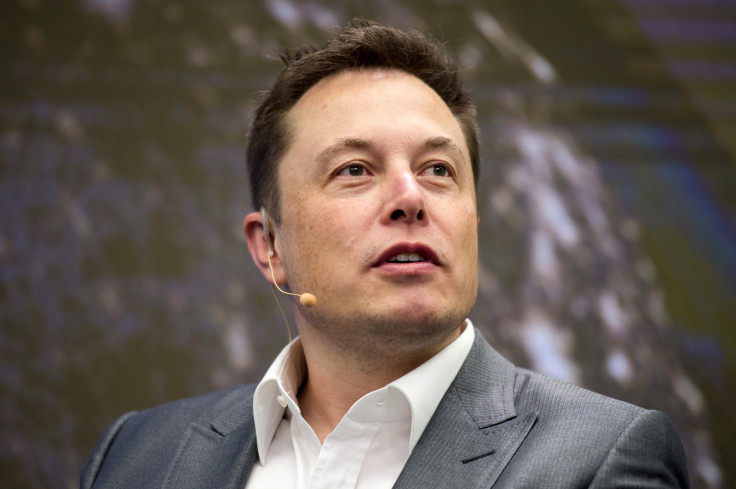Neuralink: New Elon Musk company wants to supercharge our brains before computers leave us behind
Company insiders say Musk wants to help cure brain disease before offering brain power upgrades.

An existential risk to humanity caused by developments in artificial intelligence is too hard to ignore, says Elon Musk, who has created a new company which aims to merge computers with human brains.
Musk, who is already the chief executive of electric car company Tesla and space rocket manufacturer SpaceX (and is busy creating a new way of tunnelling with The Boring Company) is about to set up a new business called Neuralink.
Hours after news broke of the venture, first by anonymous sources speaking to the press, Musk tweeted confirmation and said an article explaining his plans would be published in the coming days. "Long Neuralink piece coming out on @waitbutwhy in about a week. Difficult to dedicate the time, but existential risk is too high not to."
Further confirmation came from Tim Urban, founder of the Wait But Why website. He wrote: "I guess some parts of the secret thing that was secret were leaked and now it's not really a secret anymore. Elon Musk is starting a new company."
Urban went on: "It's a really cool company and I can't wait to tell you about it. I was given the lowdown about it earlier this month [March, 2017] and have been rapid-fire ever since."
Musk has voiced concern about artificial intelligence and the dangers it could pose to humanity for some time, despite himself developing a form of AI to create the autonomous driving features of his Tesla cars. He once described AI as humanity's "biggest existential threat" and said creating advanced AI is like "summoning the devil".
Such are the advances in computer AI, Musk has said humans "will be left behind by a lot", and that it is "only a matter of time" before AI takes down the internet.
Neural lace
Neuralink's creation stems from Musk's interest in creating a neutral lace, a way of connecting the human brain with a computer to improve our own cognitive performance. The plan is to implant tiny electrodes into the brain that may one day be capable of uploading and downloading thoughts from a computer to the brain and vice versa.
According to company insiders speaking anonymously to the Wall Street Journal, Musk has "taken an active role setting up the California-based company and may play a significant leadership role". This, the paper points out, is a big ask for a father of five who already sits at the helm of two highly complex technology companies. Tesla is currently under pressure to deliver its new car, the Model 3, while SpaceX has plans for establishing a human colony on Mars.
Long Neuralink piece coming out on @waitbutwhy in about a week. Difficult to dedicate the time, but existential risk is too high not to.
— Elon Musk (@elonmusk) March 28, 2017
Initially, Neuralink is expected to work on treating intractable brain diseases like epilepsy or major depression, but later it could expand to help level the playing field between human and computer intelligence, the insiders say. Via a "direct cortical interface", or a brain-computer interface, Musk has plans to help the human brain reach higher levels of functionality.
Once the company proves it can safely combat brain diseases, people briefed on its plans say it could move to cosmetic brain surgery where patients would pay to have their cognitive performance enhanced. The people referenced comments made by Musk, where he criticised the human brain for not processing and generating information as quickly as it can absorb it. Musk said at the time: "Your output level is so low, particularly on a phone, your two thumbs just tapping away. This is ridiculously slow, Our input is much better because we have a high bandwidth visual interface into the brain. Our eyes take in a lot of data."
Musk is not alone in his pursuit of supercharging our brains. Earlier in 2017, Facebook posted job vacancies looking for "brain-computer interface engineers" and other neuroscientist roles at its secret projects division, known as Building 8.
If Musk's goal here is to increase the bandwidth of the human brain, then as a parent of five children and the boss of four companies, his own brain could well be right at the top of Neuralink's waiting list.
© Copyright IBTimes 2024. All rights reserved.






